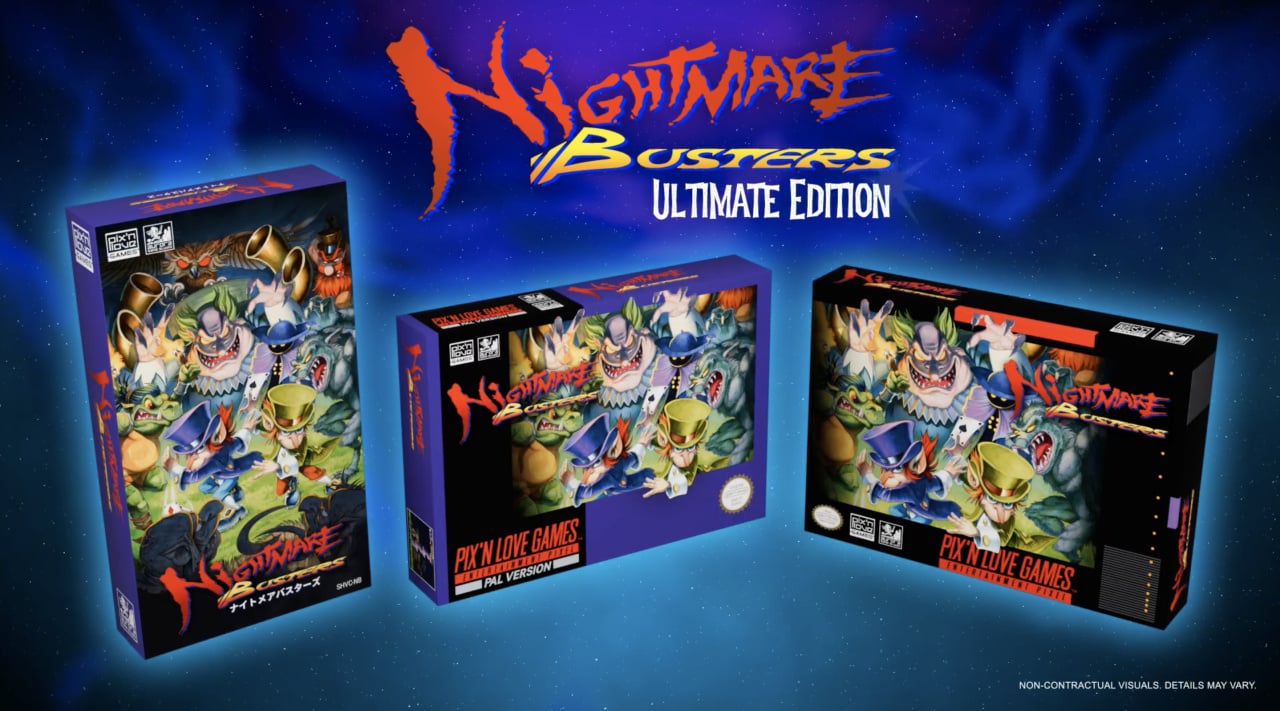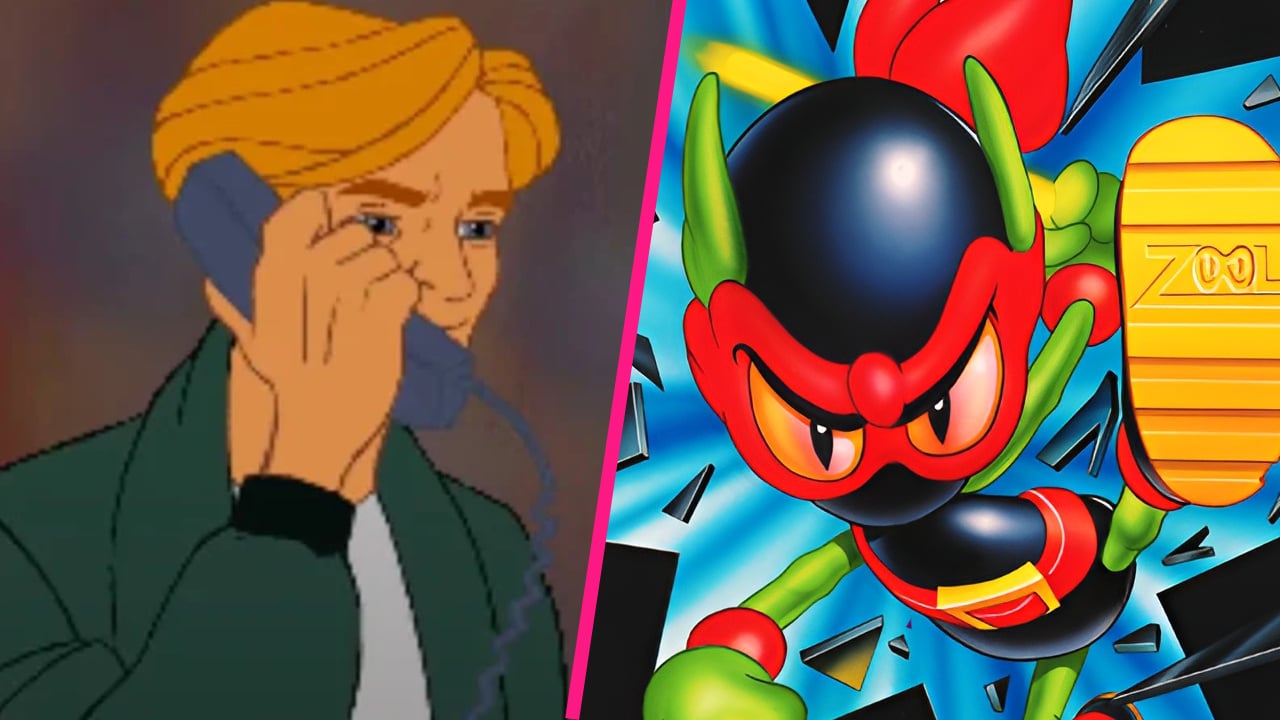It always bears repeating- retro gaming culture is, itself, so old at this point that we can look at retro game appreciation from ten years ago and find tropes about as archaic to us now as the retro games themselves seemed to the people making that content. The Chrono Trigger book from Boss Fight, released all the way back in 2014, exemplifies a lot of that. This is a much cruder form of the Boss Fight concept than I previously reviewed with the PaRappa the Rapper book or the Minesweeper book. But to be entirely fair, Chrono Trigger was only the second book in the Boss Fight series overall (PaRappa the Rapper and Minesweeper are 30 and 31), so the concept wasn’t all that well developed yet.
Now you may be wondering, why am I reviewing the second book and not the first one (which is Earthbound, for the record)? Well, because the Boss Fight backlog is quite long, so I asked my nephew to look at the list in the back and tell me which of these books might interest him. And he noted Chrono Trigger, not because he has any attachment to the game or even played it himself, but because it’s important to his mother. To me too, sort of. I’d only ever heard of the game because of its presence in the Nintendo Power rankings and got it as a rental once solely for that reason. There’s a whole wonderful story to tell there, like the experience of spoiling myself by looking at a nearly completed file just ahead of the epic, alien presentation of Lavos, the final boss, the destroyer of the world whose sprites, background, and music feature intense, nihilistic foreboding.
In theory, these are the kinds of stories Boss Fight Books tell. Mike Sholars writes a very emotional story about how he could see himself in PaRappa the Rapper, while Kyle Orland premises Minesweeper as part of an era of early computing where addictive casual gaming behavior was not well-known and thus helped to cause a moral panic. Michael P. Williams, regrettably, does not have any sort of similar hook for Chrono Trigger. To the contrary, he actually goes out of his way to criticize the logic of the game a few times. This isn’t a problem because Chrono Trigger is a sacrosanct classic beyond criticism- Sholars and Orland both engage in criticism too. There’s just no point to it. No overarching thesis.
Chrono Trigger is a fun game, and it holds up- a time travel adventure with excellent characters and a surprising focus on basic causality and existential philosophy. That on its own, though, isn’t much of a story. The relative simplicity of Chrono Trigger belies the extent to which it inspired a small portion of kids to super fandom, logging onto to the Chrono Compendium to further discussion and express their appreciation of it. Remember Icy Brian’s fanfic site? Well, maybe just me. The point being, the timelessness of Chrono Trigger can’t really be disassociated from the community that made it such a memetic classic, and any experiences with those communities are going to be highly specific and sound mostly insane to anyone who wasn’t there. Anyone else remember the first Great Gamefaqs Character Battle, where Crono way outperformed his fifth seed and nearly beat Mario?
Michael P. Williams doesn’t have anything like that. The closest he gets is discussing his experience as an English teacher in Japan, which simply never feels all that relevant- although he does get frustratingly close. Michael P. Williams mentions being gay, and that’s absolutely something relevant to the themes of Chrono Trigger- four of the seven party members go by false names, and grapple with having to pretend to be someone they’re not to survive in future and past worlds where people might or might not care who they used to be. Yet queerly enough, they find themselves at home with people from far flung eras who share a common goal of saving the world.
That’s not necessarily a being gay in Japan kind of interpretation. Any sort of nerd can probably relate to that kind of fantasy. While Brian P. Williams acknowledges that Chrono Cross, Chrono Trigger’s sequel, has nowhere near the reputation of the original, he doesn’t try to dig into why exactly that is, thinking less in terms of identity and destiny so much as comparatively trite observations about Lucca going from genius scientist in Chrono Trigger to genius scientist who…runs an orphanage in Chrono Cross. I can see why he does this. I was around for the 2010s just like I was in the 1990s, and know that it was trendy at the time to call video games sexist.
But that’s the problem with the book in general. The observations just don’t hold up as being all that relevant or rigorous in the present day. The notes section is surprisingly short compared to more modern Boss Fight books. Again, the concept wasn’t as well-developed yet, so I don’t want to pick too much on Brian P. Williams specifically. The book in general just leans too heavily on nostalgia, on the reader already knowing what Chrono Trigger is, so of course they’d like to read, say, interviews with the translators. Plenty of that material is still interesting- it’s just not likely to appeal to anyone who isn’t already a fan of Chrono Trigger, or who, like me, was hoping to find a genuinely distinct way of engaging with the SNES classic.
The post A review of Chrono Trigger from Boss Fight Books appeared first on Old School Gamer Magazine.








